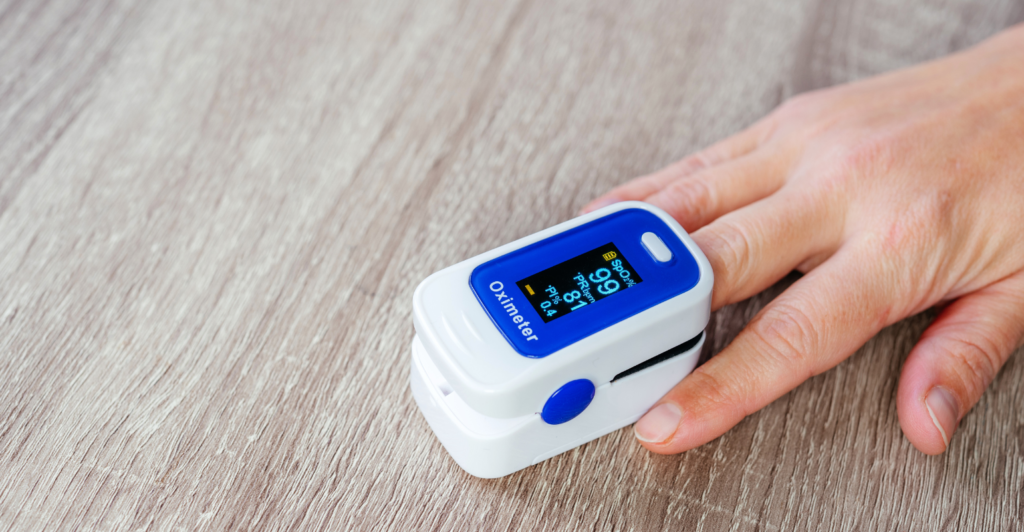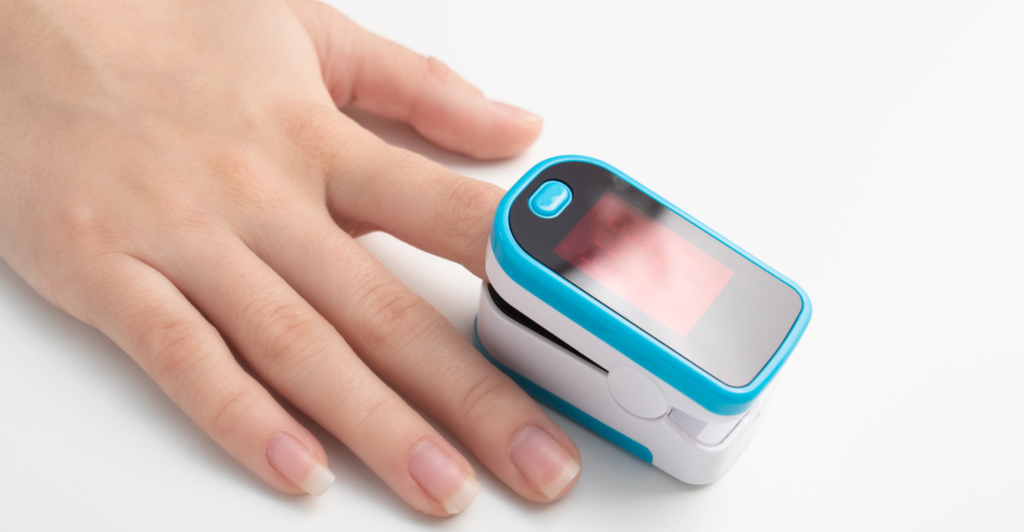Blog
Smart Healthcare Tools: Monitoring Your Health at Home
In an era defined by technological innovation, smart healthcare tools have emerged as game-changing devices that enable individuals to monitor and manage their health from the comfort of their homes. These tools bridge the gap between personal care and professional healthcare, offering insights that empower users to make informed decisions about their well-being. In this article, we’ll explore the top smart healthcare tools available today and how they are transforming home health monitoring.
1. The Rise of Smart Healthcare Tools
The growing demand for accessible and efficient healthcare solutions has spurred the development of smart devices designed for home use. These tools incorporate advanced sensors, AI algorithms, and seamless connectivity to deliver accurate and actionable health data.

Why Home Healthcare Monitoring Matters:
- Convenience: Eliminates the need for frequent doctor visits.
- Proactive Care: Enables early detection of potential health issues.
- Cost-Effective: Reduces healthcare costs by minimizing hospital visits and tests.
- Personalization: Offers insights tailored to individual health needs.
By leveraging these tools, users can maintain an active role in managing their health.
2. Top Smart Healthcare Tools for Home Monitoring
1. Smart Blood Pressure Monitors
High blood pressure is a leading cause of heart disease, making regular monitoring crucial. Smart blood pressure monitors offer convenience and precision, syncing data to mobile apps for easy tracking.
Features:
- Automatic readings and real-time data sharing.
- Trend analysis to identify patterns over time.
- Alerts for irregular readings.
Popular Models:
- Omron Evolv: A wireless device with clinical-grade accuracy.
- QardioArm: Compact, portable, and integrates with health apps.
2. Glucose Monitors
For individuals with diabetes, continuous glucose monitoring (CGM) is a game-changer. Smart glucose monitors provide real-time blood sugar levels and trend data, enabling better management of the condition.
Features:
- Continuous tracking with minimal discomfort.
- Alerts for high or low blood sugar levels.
- Insights for diet and medication adjustments.
Popular Models:
- Freestyle Libre 3: Compact CGM with smartphone compatibility.
- Dexcom G7: Delivers real-time glucose data with enhanced accuracy.
3. Smart Thermometers
Smart thermometers make temperature monitoring simple and efficient. These tools are particularly useful for managing chronic conditions or monitoring symptoms of illness.
Features:
- Contactless readings for ease of use.
- Fever trend tracking over time.
- Family profiles for tracking multiple users.
Popular Models:
- Kinsa QuickCare: Syncs with an app to provide illness guidance.
- Withings Thermo: Offers 16 infrared sensors for precise readings.
4. Wearable Health Monitors
Wearables have transformed personal healthcare by continuously tracking metrics like heart rate, sleep quality, and physical activity. These devices are essential for holistic health monitoring.

Features:
- Long battery life for round-the-clock tracking.
- Integration with health apps for detailed analysis.
- Stress and recovery metrics to support mental health.
Popular Devices:
- Apple Watch Series 9: Advanced health sensors, including ECG and blood oxygen monitoring.
- Fitbit Sense 2: Focuses on stress management and overall wellness.
5. Smart Scales
Smart scales go beyond measuring weight—they analyze body composition, including fat percentage, muscle mass, and hydration levels.
Features:
- Multi-user profiles for family use.
- Trend analysis for weight and body composition.
- Syncing with health apps for holistic tracking.
Popular Models:
- Eufy Smart Scale P2 Pro: Tracks 16 health metrics with app integration.
- Withings Body+: Offers detailed body composition analysis and pregnancy tracking.
6. Home ECG Monitors
Electrocardiogram (ECG) devices have become portable, allowing individuals to monitor their heart health at home.
Features:
- Detection of arrhythmias and other heart issues.
- On-demand readings synced to a smartphone.
- Sharing of results with healthcare providers.
Popular Devices:
- KardiaMobile 6L: FDA-cleared and provides a six-lead ECG.
- Withings Move ECG: Combines fitness tracking with heart health monitoring.
7. Oxygen Saturation Monitors (Pulse Oximeters)
Pulse oximeters measure oxygen levels in the blood, a critical metric for individuals with respiratory conditions or COVID-19 recovery.
Features:
- Accurate SpO2 readings.
- Compact and portable design.
- Data syncing for trend tracking.
Popular Models:
- Wellue O2Ring: A wearable device for continuous monitoring.
- Masimo MightySat: Offers advanced features like respiratory rate tracking.
8. Smart Pill Dispensers
For individuals managing multiple medications, smart pill dispensers ensure adherence to prescribed schedules.
Features:
- Automated reminders and alerts for missed doses.
- Locking mechanisms to prevent double-dosing.
- Integration with caregiver apps for remote monitoring.
Popular Models:
- Hero Medication Manager: Dispenses pills and sends reminders.
- MedMinder: Offers advanced scheduling and adherence tracking.
3. How Smart Healthcare Tools Improve Home Monitoring
1. Early Detection of Health Issues
Smart tools provide real-time data, enabling users to identify irregularities early and seek medical attention promptly.
2. Enhanced Chronic Disease Management
For conditions like diabetes, hypertension, or asthma, these devices offer precise tracking and insights that aid in effective management.
3. Personalized Health Insights
Many tools use AI to analyze data and provide tailored recommendations, making healthcare more proactive.
4. Improved Patient-Doctor Communication
Home monitoring data can be shared with healthcare providers, allowing for more accurate diagnoses and personalized treatment plans.
4. Choosing the Right Smart Healthcare Tool
When selecting a smart healthcare device, consider the following factors:
- Purpose: Identify your specific health needs (e.g., chronic disease management, fitness tracking).
- Compatibility: Ensure the device integrates with your smartphone and preferred health apps.
- Ease of Use: Look for intuitive designs that simplify operation.
- Data Security: Opt for devices with robust privacy policies to protect your health information.
5. The Future of Smart Healthcare Tools
The smart healthcare market is continuously evolving, with innovations like AI-driven diagnostics, telehealth integration, and wearable biosensors on the horizon. These advancements promise to make home health monitoring even more accessible and effective.
Upcoming Trends:
- AI-Enhanced Devices: Tools with predictive analytics for early risk detection.
- Remote Monitoring Integration: Seamless data sharing with telehealth platforms.
- Medical-Grade Accuracy: Improved precision to rival clinical devices.
As these trends gain traction, smart healthcare tools will become indispensable in everyday life.
Conclusion
Smart healthcare tools are revolutionizing how we monitor and manage our health at home. By combining advanced technology with user-friendly designs, these devices empower individuals to take charge of their well-being. Whether you’re managing a chronic condition, aiming for a healthier lifestyle, or simply staying informed about your health, these tools offer unparalleled convenience and peace of mind.
Embrace the future of healthcare by incorporating smart tools into your routine and enjoy the benefits of proactive, personalized health management from the comfort of your home.

